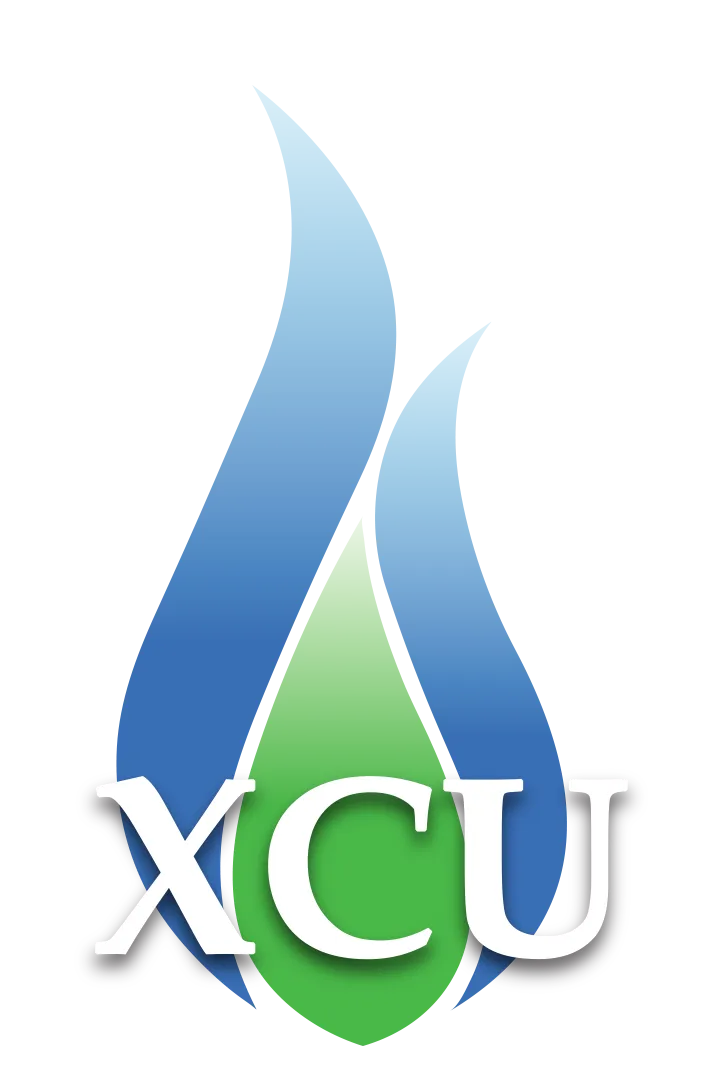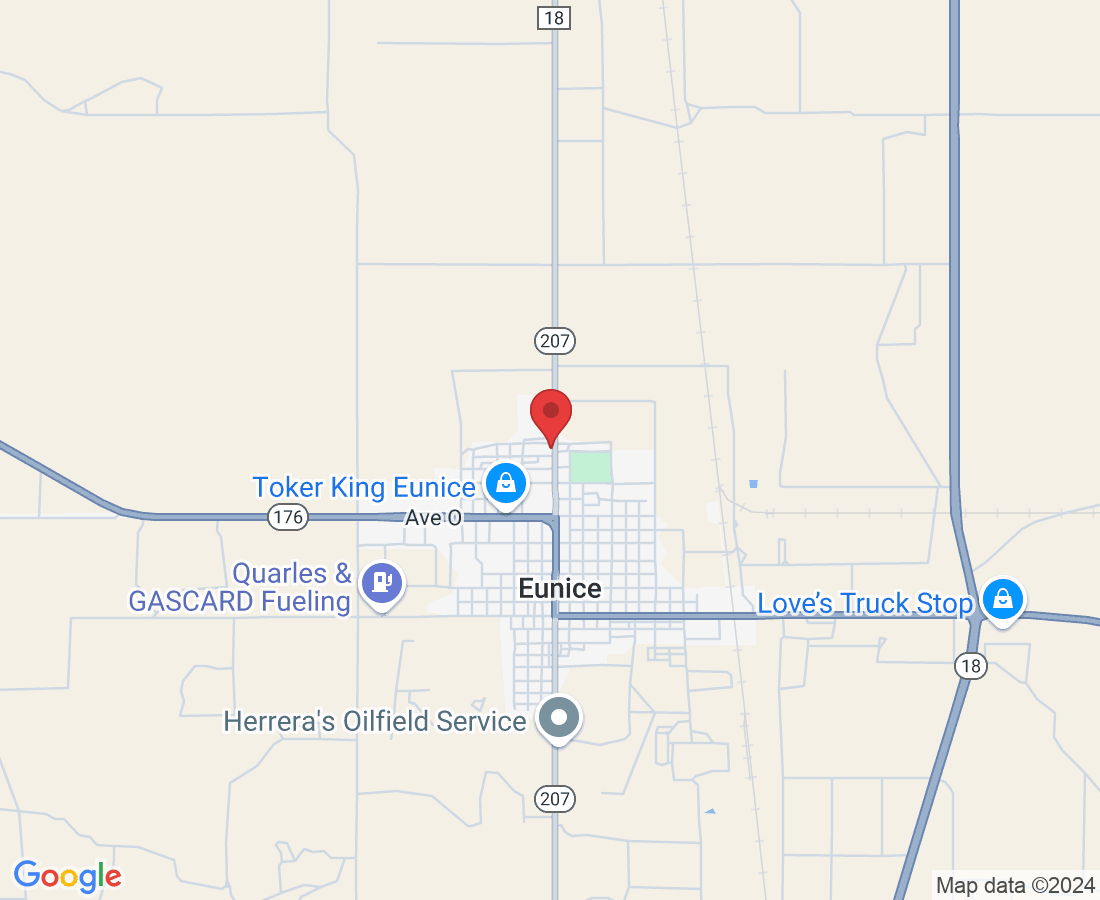Xccelerated Construction Unlimited continues to grow, expanding from pipeline construction to a diverse range of dirt work and infrastructure services, adapting to meet our clients’ evolving needs. With innovative and high-quality solutions, we are excited to expand our customer base across multiple basins.
XCU Services
Pipeline Construction
Pipeline Construction
Steel & Poly
The combination of Steel and Poly represents a perfect synergy of strength and flexibility.
Steel offers unparalleled durability and structural integrity, making it ideal for robust frameworks and support structures. Meanwhile, Poly (polycarbonate or polyethylene) complements these properties with its lightweight, resilient nature, providing impact resistance, thermal insulation, and design versatility. Together, Steel and Poly create innovative, long-lasting solutions that are not only strong but also adaptable to various applications, whether in construction, industrial design, or modern architectural projects. This blend delivers the best of both worlds, ensuring performance and aesthetic appeal in any environment.
Natural Gas and Crude
Natural Gas and Crude Oil are two of the most vital energy resources in the world.
Each play a distinct yet complementary role in powering industries, transportation, and homes. Crude oil serves as the backbone of the global energy market, refined into essential fuels such as gasoline, diesel, and jet fuel, as well as being a key raw material for countless petrochemical products. Natural gas, on the other hand, is valued for its efficiency and lower environmental impact, providing a cleaner-burning alternative for electricity generation, heating, and as a feedstock in various industrial processes. Together, these resources drive economic growth and energy security, while also presenting unique challenges and opportunities as the world transitions towards more sustainable energy solutions.
Fresh & Produce Water
Fresh & Produce Water is essential for maintaining the quality, safety, and nutritional value of fruits and vegetables from farm to table.
Utilizing clean, properly treated water during the growing, harvesting, and processing stages helps prevent contamination and extends the shelf life of fresh produce. It ensures that consumers receive the healthiest, most vibrant products possible, free from harmful pathogens and residues. In an era where food safety is paramount, the use of high-quality water in produce cultivation and handling is a critical component in delivering fresh, wholesome food that supports a healthy lifestyle.
Pipeline Hot Taps
Pipeline hot taps are specialized procedures used to create a new branch connection to an existing pipeline without interrupting its flow or service.
This technique is crucial for performing maintenance, repairs, or system expansions while minimizing downtime and operational disruptions. Hot tapping involves drilling into the live pipeline and installing a valve and branch connection under pressure, allowing for safe and efficient access to the pipeline's contents. It is widely used in industries such as oil and gas, water, and chemical processing, providing a cost-effective solution for pipeline modifications and ensuring continuous service without compromising safety or integrity.
Pipeline Repairs
Pipeline maintenance is essential for maintaining the safety, integrity, and efficiency of pipelines that transport critical resources such as oil, gas, and water.
These repairs can range from minor fixes, like sealing small leaks, to major interventions, such as replacing damaged sections or reinforcing weakened areas. Effective pipeline repair strategies not only prevent potential environmental hazards and costly leaks but also extend the lifespan of the pipeline infrastructure. Whether addressing corrosion, mechanical damage, or structural issues, timely and well-executed repairs are crucial to ensuring continuous operation, protecting surrounding communities, and safeguarding the environment.
Pipeline Testing
Pipeline Testing
Hydrostatic testing
Hydrostatic testing is a critical method used to verify the strength and integrity of pipelines, pressure vessels, and other fluid-conveying systems.
During this process, the pipeline or vessel is filled with water, pressurized beyond its normal operating level, and held at this pressure for a specified period to check for leaks, weaknesses, or structural flaws. Hydrostatic testing is essential for ensuring the safety and reliability of new installations, as well as for assessing the condition of existing systems after repairs or modifications. It provides assurance that the infrastructure can withstand operational pressures without failure, helping to prevent potential hazards and ensuring compliance with safety standards and regulations.
Pneumatic testing
Pneumatic testing is a procedure used to assess the integrity and pressure resistance of pipelines, pressure vessels, and various industrial systems by using air or other gases instead of liquid.
In this method, the system is pressurized with gas, typically to a level above its normal operating pressure, while monitoring for any signs of leaks or structural weaknesses. Pneumatic testing is particularly useful for systems that cannot be easily filled with water, such as those containing sensitive materials or where water may cause damage. However, it requires careful safety precautions due to the potential hazards associated with compressed gases. Properly executed pneumatic testing helps ensure the reliability and safety of the infrastructure while minimizing the risk of failure during operation.
Additional Services
Additional Services
O&G Facility - Pad Construction
O&G construction encompasses the planning, design, and building of infrastructure required for the extraction, processing, and transportation of oil and natural gas.
This process involves various components, including drilling platforms, refineries, pipelines, storage tanks, and processing facilities. Successful O&G facility construction requires collaboration between engineers, architects, and construction teams to ensure that projects meet stringent safety, environmental, and regulatory standards. Key considerations include site selection, materials procurement, logistical planning, and risk management to mitigate potential impacts on the environment and surrounding communities. As the industry evolves, integrating advanced technologies and sustainable practices into facility construction is becoming increasingly important to enhance efficiency and reduce the carbon footprint of oil and gas operations.
HDD Drilling
HDD drilling is an advanced technique for installing underground pipelines, cables, and utilities with minimal surface disruption.
The process involves drilling a pilot hole along a designated path and then enlarging it to accommodate the desired pipe or cable diameter. HDD is particularly useful for crossing sensitive areas like roads and rivers, where traditional open-cut methods may cause significant disruption. This method reduces environmental impact and enhances installation efficiency, making it a preferred choice for infrastructure projects that require rapid and discreet utility installations.
Fabrication
Fabrication involves constructing structures or components from raw materials through processes like cutting, bending, welding, and assembling.
In the oil and gas industry, it is essential for creating items such as pipes, tanks, and structural supports used in extraction, processing, and transportation. Typically performed in controlled environments, skilled workers utilize advanced machinery to ensure quality and precision. Effective fabrication enhances operational efficiency and safety while reducing construction time and costs.
ROW Clearing and Reclamation
Clearing and reclamation involve removing vegetation and obstacles to create a safe path for infrastructure projects like pipelines and power lines.
Proper ROW clearing involves strategic planning to protect sensitive areas and wildlife habitats. It facilitates efficient construction and operation of essential services while promoting sustainable land use practices. The clearing phase ensures safe access, while reclamation focuses on restoring the area by replanting native vegetation and preventing soil erosion. This process minimizes environmental impact, promotes biodiversity, and supports sustainable land use, ensuring the functionality and safety of the infrastructure.
Compressor Stations - Pad Construction
Compressor stations are vital components in the transportation of natural gas and other hydrocarbons.
They increase the pressure of the gas within pipelines, allowing it to flow efficiently over long distances. These stations consist of multiple compressors powered by engines or turbines, along with auxiliary equipment such as separators and filters. Strategically located along pipelines, compressor stations maintain consistent flow rates and manage pressure fluctuations, enhancing overall system efficiency. As the industry moves towards sustainability, modern compressor stations increasingly adopt advanced technologies to reduce emissions and improve energy efficiency.
Drilling Rig Pads
Drilling rig pads are stable surfaces designed to support drilling rigs during oil and gas operations. Constructed from compacted soil, gravel, or concrete, these pads provide a reliable foundation for heavy equipment and vehicles.
Properly designed pads minimize environmental impact by reducing soil disturbance and managing stormwater runoff. Their construction involves careful site selection to accommodate the rig's footprint and operational needs, enhancing safety and efficiency while protecting surrounding ecosystems.
Frac Ponds
Frac ponds are temporary storage facilities for water and chemicals used in hydraulic fracturing (fracking) operations. They are designed to hold large volumes of fluid necessary for enhancing oil and gas extraction. Typically constructed on-site, frac ponds ensure a continuous supply of resources during drilling.
Proper management is crucial to prevent environmental contamination and meet regulatory standards. These ponds are often lined to protect groundwater and minimize water loss. After fracking, frac ponds may be reclaimed or repurposed for other uses, such as irrigation or wildlife habitats, reducing their long-term environmental impact.
Land Clearing
Land clearing is the process of removing vegetation, trees, and debris from a specific area to prepare it for construction or development projects. This practice is essential for creating a suitable foundation for buildings, roads, and other infrastructure.
Land clearing involves various techniques, including cutting, grinding, and excavating, depending on the terrain and project requirements.
Effective land clearing minimizes environmental impact by considering factors such as soil erosion, habitat preservation, and proper waste disposal. It also helps ensure compliance with local regulations and promotes sustainable development practices by often incorporating replanting or restoration efforts post-clearing.
Facility Construction
Facility construction involves building structures and infrastructure for various industries, such as oil and gas, manufacturing, and utilities.
This process includes planning, design, and actual construction of facilities like refineries and processing plants. Key elements include site selection, compliance with safety and regulatory standards, and effective project management to ensure timely and budget-friendly completion. Overall, facility construction is vital for supporting operational efficiency and meeting industry demands.
About Us
Xccelerated Construction Unlimited (XCU) started in January 2016, dedicated to top-quality pipeline construction in the U.S. XCU's founders, Mark and Kayla Bird, fueled its growth, expanding from 5 to over 250 professionals. XCU's journey is marked by excellence, innovation, partnerships, safety, and sustainability, shaping them into a respected and valued construction entity throughout the industry.



